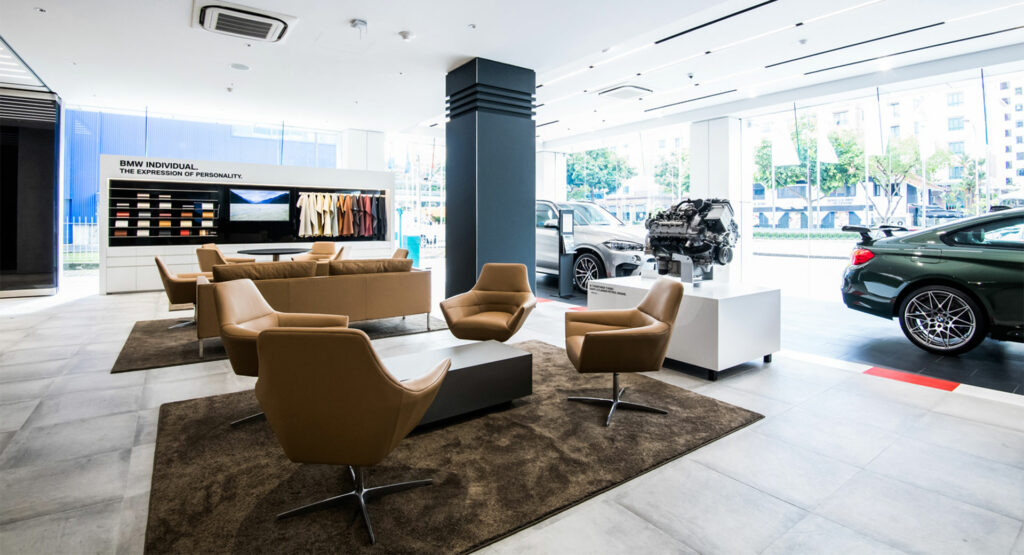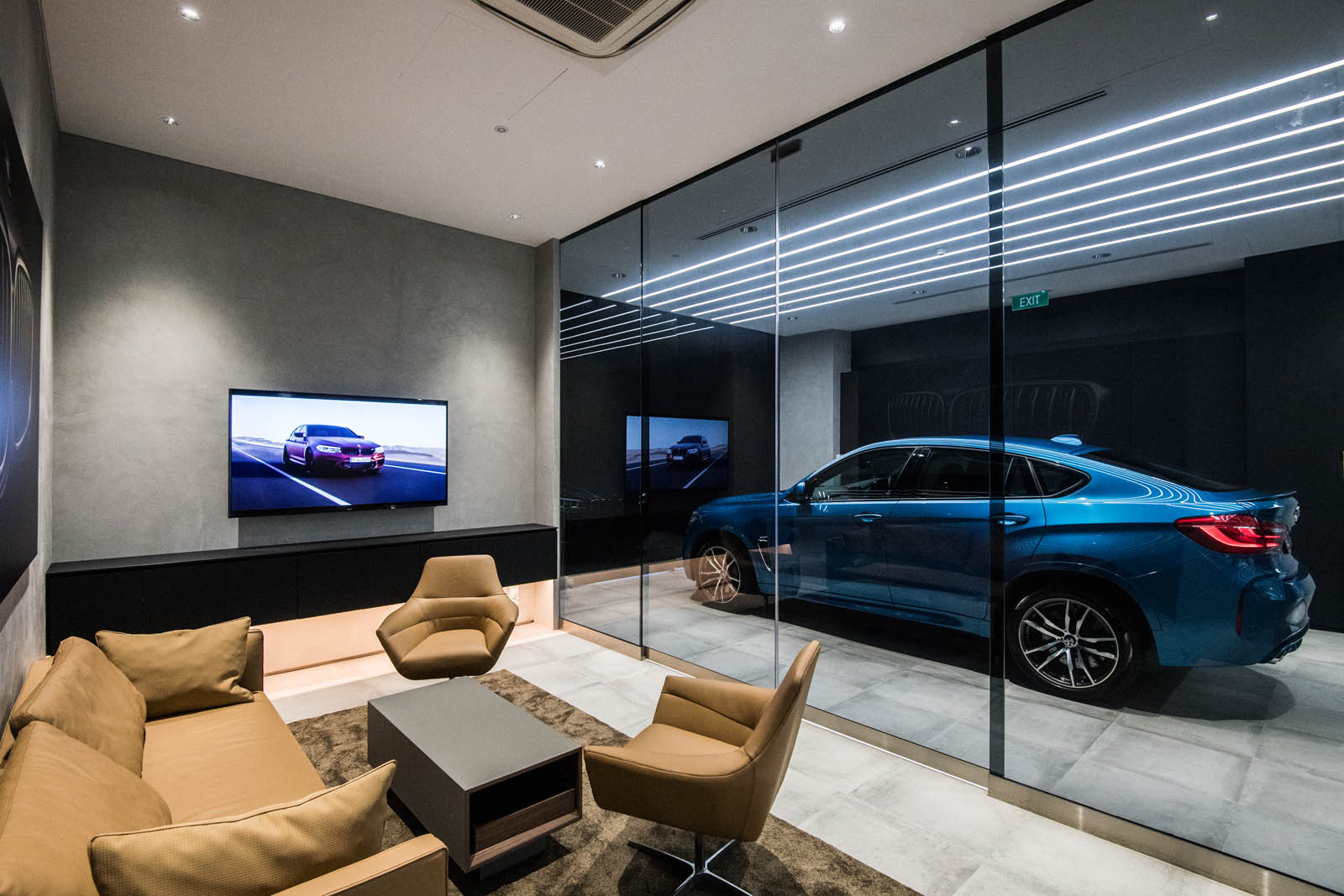BMW and Mini are set to shift towards an agency distribution model throughout Europe, following the lead of Mercedes-Benz and Audi in moving to a direct sales program.
While recently talking to Auto News at the Concours d’Eleganza Villa d’Este on the shores of Lake Como, Italy, BMW Group’s sales and marketing boss Pieter Nota confirmed the brand is speaking with European dealerships about the switch to the agency model.
This confirmation comes a couple of months after Autohaus claimed that BMW would end its dealer system in Europe from 2024 for the Mini brand and 2026 for the BMW brand itself. Nota said the timing of the move has yet to be confirmed.
Read Also: BMW To Update U.S. Dealer Showrooms And Display Fewer Cars
Under the agency model, BMW would hold the inventory and invoice customers directly. Dealerships would then be tasked with delivering new vehicles and receive a fixed fee per vehicle sold. While dealers would make less money for vehicles through this model, BMW says they will reduce costs by not having to maintain an inventory and by slashing promotional expenses.
Auto News notes that premium car manufacturers throughout Europe often offer dealer margins of 12 to 16 per cent. Sales commissions through the agency model will be roughly halved.
BMW had launched an agency model when the i sub-brand was first introduced. It later abandoned this model but re-introduced it across its entire range in South Africa in 2020. Nota says the agency model will only be used in Europe and not in China or the U.S. where many states prohibit car manufacturers from selling directly to consumers.
It’s not just BMW, Mercedes-Benz, and Audi that are moving towards a sales model of this kind. Stellantis will follow suit in mid-2023 with its Alfa Romeo, DS, Lancia, Citroen, Fiat Professional, Opel/Vauxhall, and Peugeot brands. The VW Group also sells its ID-branded EVs through an agency model.





